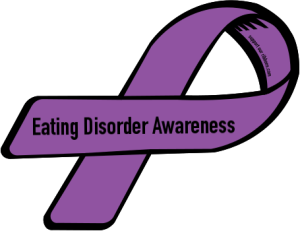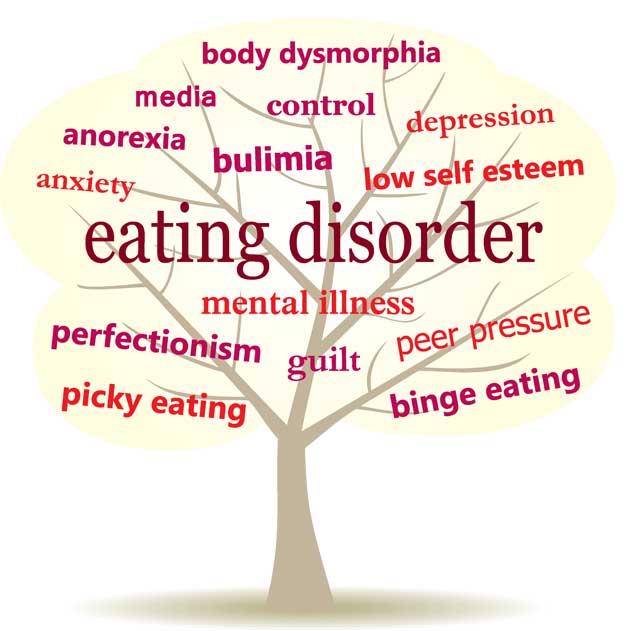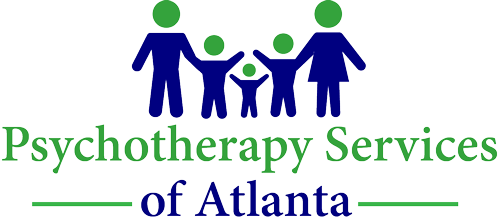An eating disorder is a very complex and complicated disorder. We now know that eating disorders involve biological, psychological, social and interpersonal conditions. Besides individual therapy and seeing a nutritionist, involving the family can be one of the most important components of treatment of eating disorders, especially in children, teens, and young adults.
 Eating disorders ARE treatable and complete recovery is possible!
Eating disorders can affect anyone, of any age, any race, any religion, any nationality, any socioeconomic level, they can run in families, and an eating disorder can be deadly.
Eating disorders ARE treatable and complete recovery is possible!
Eating disorders can affect anyone, of any age, any race, any religion, any nationality, any socioeconomic level, they can run in families, and an eating disorder can be deadly.
 Eating disorders ARE treatable and complete recovery is possible!
Eating disorders can affect anyone, of any age, any race, any religion, any nationality, any socioeconomic level, they can run in families, and an eating disorder can be deadly.
Eating disorders ARE treatable and complete recovery is possible!
Eating disorders can affect anyone, of any age, any race, any religion, any nationality, any socioeconomic level, they can run in families, and an eating disorder can be deadly.
What is an eating disorder?
The National Eating Disorder Association definition: “Eating disorders — such as anorexia, bulimia, and binge eating disorder – include extreme emotions, attitudes, and behaviors surrounding weight and food issues. Eating disorders are serious emotional and physical problems that can have life-threatening consequences for females and males.“ Strengthening family dynamics and communication plays a key role in helping your loved one enter recovery.Binge Eating Disorder (BED)
This category is the most common among all eating disorders. People with BED are also mistakenly referred to as “compulsive over-eaters” or “emotional eaters.” Most with BED are larger in size but they can also be normal weight or even underweight. Some common traits among those with BED:- Eating more rapidly than normal
- Eating until feeling uncomfortably full.
- Eating large amounts of food when not feeling physically hungry.
- Eating alone because of feeling embarrassed by how much you are eating.
- Feeling disgusted with yourself, depressed, or very guilty.
Bulimia Nervosa
Bulimia is the second most common among all eating disorders. A bulimic can be any weight. Bulimics go to extremes to get rid of the food or calories they consumed by purging (making themselves vomit after eating), over exercising, or abusing diuretics & laxatives. Some common traits among those with bulimia:- Eating a larger amount of food than normal, for that person, in a shorter period of time.
- Feeling out-of-control when eating during a binge cycle
- Recurrent and inappropriate behaviors to keep from gaining weight (laxatives, self-induced vomiting, compulsive exercise, abuse of laxatives or diuretics are just some of the examples some to prevent weight gain).
- Binge/purge cycle occurs at least once per week for 3 months but it can occur much more frequently.
- After periods of binge-purge some people go thorough periods of self-starvation

Anorexia Nervosa
Anorexia is the rarest of all eating disorders. Those with the disorder have an intense fear of gaining weight and go to extremes to lose weight or prevent themselves from gaining weight. Examples can include: restricting, over exercising, or purging. Some common traits among those with anorexia:- Restriction of energy intake (eating food) which causes a person to lose a large amount of weight in a short period of time
- Intense fear of gaining weight or fearing becoming fat
- Marked disturbance in the way a person sees themselves and their body/shape. They can develop a distorted body-image. Many see themselves as larger than what they really are.
Otherwise Specified Feeding or Eating Disorder
This category applies to those who do not meet the above categories but display distress with food/eating that is not normal and causes some sort of impairment in their daily life.Eating Disorder Resources
Resources & Support in Georgia- Eating Disorder Information Network (EDIN)
- MANNA Fund (MANNA)
- Supporting Others Achieve Recovery & The Phoenix House (SOAR)
- The National Association of Anorexia Nervosa & Associated Disorders (ANAD)
- The National Eating Disorder Association (NEDA)
- The Binge Eating Disorder Association (BEDA)
- Eating Disorder Hope (EDHope)
- Eating Disorder Coalition (EDC)
- Families Empowered & Supporting Treatment of Eating Disorders (F.E.A.S.T)
- Maudsley Parents (Maudsley Parents)
- Gürze/Salucore Eating Disorders Resource Catalogue (Gurze)

